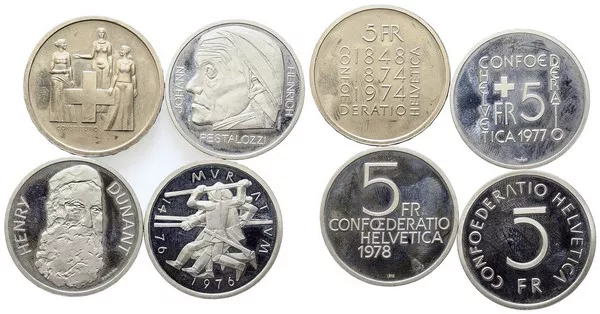In the dynamic world of global finance, exchange rates play a pivotal role in shaping international trade and investment. For businesses and individuals engaged in cross-border transactions, staying abreast of the latest exchange rates is crucial. One such currency that often draws attention is the Swiss Franc (CHF). At the time of writing, the exchange rate stands at 1 Swiss Franc to 1.13 US Dollars (USD). This article delves into the factors influencing the current Swiss Franc exchange rate and its implications for various stakeholders.
Historical Context
Understanding the present requires a glimpse into the past. The Swiss Franc has a reputation for stability, making it a safe haven currency. Over the years, it has maintained a robust position in the global currency market. Examining the historical trends of the Swiss Franc against the US Dollar provides valuable insights into its current standing.
Economic Indicators
Exchange rates are intricately linked to economic indicators. A comprehensive analysis involves scrutinizing factors such as GDP growth, inflation rates, and employment figures in both Switzerland and the United States. By evaluating these indicators, analysts can make informed predictions about the future trajectory of the exchange rate.
Monetary Policy
Central banks play a pivotal role in shaping currency values. The Swiss National Bank (SNB) and the Federal Reserve influence the Swiss Franc and US Dollar, respectively. Understanding their monetary policies, interest rate decisions, and interventions in the currency markets is crucial for predicting exchange rate movements.
Trade Balance
Switzerland, known for its strong export-oriented economy, heavily influences its currency’s value through trade. A trade surplus typically strengthens the Swiss Franc. Examining trade balances and key export sectors provides a nuanced perspective on the current exchange rate.
Political Stability
Political stability is a cornerstone of a strong currency. Switzerland’s reputation for political neutrality and stability contributes significantly to the Swiss Franc’s standing in the international market. Any political developments or uncertainties can impact the exchange rate.
Global Economic Trends
The interconnectedness of global economies means that events in one part of the world can reverberate across currency markets. A careful analysis of global economic trends, such as the impact of major economies like China and the Eurozone, is essential for predicting Swiss Franc movements against the US Dollar.
Market Sentiment
Investor sentiment plays a crucial role in currency valuation. Traders’ perceptions of economic and geopolitical risks can lead to fluctuations in the Swiss Franc’s exchange rate. Monitoring market sentiment through various indicators provides a real-time pulse on currency movements.
Impact on Businesses
For businesses engaged in international trade, currency fluctuations pose both challenges and opportunities. A strong Swiss Franc can increase the cost of Swiss exports, impacting competitiveness. Conversely, it can benefit businesses importing goods denominated in other currencies. Navigating these dynamics requires a strategic approach to currency risk management.
Tourism and Currency Exchange
The exchange rate has a direct impact on tourism, influencing the affordability of travel to Switzerland for foreign visitors. Additionally, tourists exchanging their currency for Swiss Francs need to be mindful of the exchange rate, as it affects their purchasing power.
Future Outlook
Predicting the future of exchange rates is a complex task, but informed analysis allows for educated speculation. As the global economic landscape evolves, keeping a watchful eye on the factors mentioned above will be instrumental in anticipating changes in the Swiss Franc to US Dollar exchange rate.
Conclusion
In conclusion, the current Swiss Franc exchange rate of 1 CHF to 1.13 USD reflects a delicate balance of economic, political, and global factors. The stability and strength of the Swiss Franc make it a currency of interest for investors, businesses, and tourists alike. As we navigate the intricacies of the global financial landscape, a nuanced understanding of the forces shaping exchange rates is essential for making informed decisions in an ever-changing market.
Related Topics:
What Is the Best Currency to Take to Switzerland? A Simple Guide
Convenient Options for Exchanging Swiss Francs: A Guide for Travelers
Why Is the Swiss Franc So Strong?

























